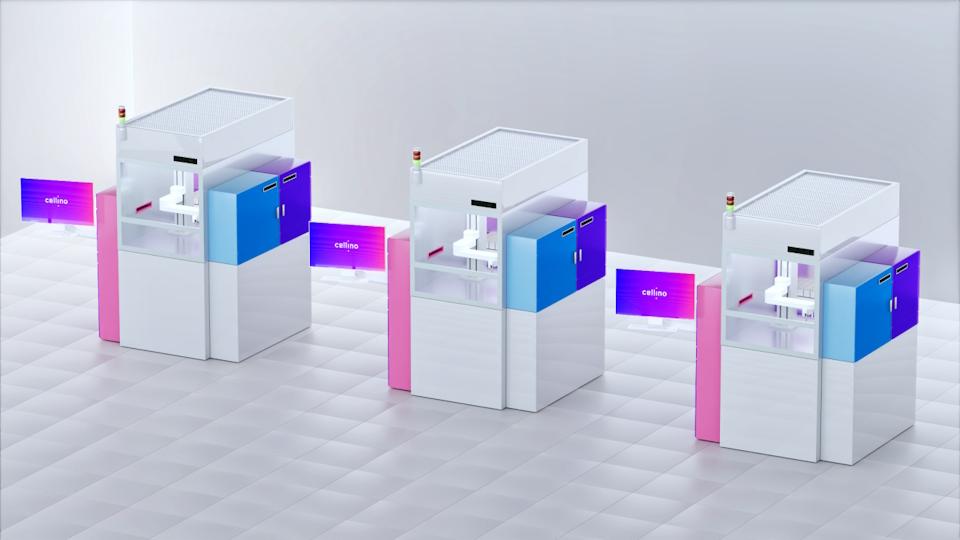US puts $25m behind Cellino's cell and tissue printing tech

Cellino Biotech has received funding from the US government to develop a scalable biomanufacturing platform for personalised regenerative medicines derived from patients' own stem cells.
The $25 million award from the Advanced Research Projects Agency for Health (ARPA-H) will be used to develop Cellino's NEBULA system, which, according to the firm's chief technology officer, Matthias Wagner, can "effectively print new cells and new tissues for patients using their own DNA."
The biomanufacturing platform is a patient-specific, fluidic cassette-based system – meaning it can be scaled by adding new modules – and replaces what has traditionally been a manual process of reprogramming cells so they can be used therapeutically.
It deploys artificial intelligence and laser technologies to automate cell reprogramming, expansion, and differentiation in a closed system, allowing thousands of patient samples to be processed in parallel in a single facility.
According to Wagner, NEBULA could allow for a different way of thinking about health, with a shift away from addressing symptoms and towards approaches that can "cure the underlying diseases with replacement cells or cells that can act as drug factories in the body."
The ARPA-H funding will go towards working out how to reduce the cost of making personalised regenerative medicines derived from adult stem cells by scaling up the process and making it feasible for rollout in hospitals across the US.
Hospitals could then routinely generate personalised cells and tissues derived from a patient's own cells, doing away with the need for a matched donor, improving access to regenerative medicines for conditions like Parkinson's, heart disease, spinal cord injury, age-related macular degeneration, and diabetes, which affect more than 50 million Americans.
"Our approach is poised to significantly advance the scalability of high-precision biomanufacturing and make 'your cells, your cure' a reality for millions of patients," said Wagner.
The Cellino project is the first to be funded by the ARPA-H's Scalable Solutions mission office, an ongoing programme that aims to improve healthcare access and affordability by addressing "challenges of geography, distribution, manufacturing, data, and information" in the sector.
Cellino raised $80 million in a Series A financing in 2022 led by the venture capital arm of German pharma group Bayer, taking the total raised by the Cambridge, Massachusetts-based biotech to $96 million since it was formed in 2017.












